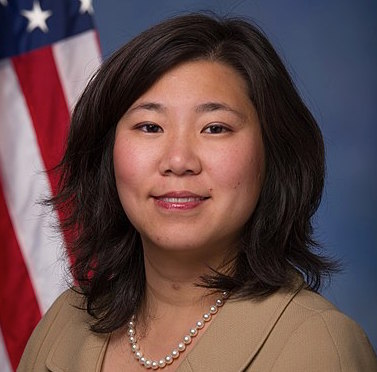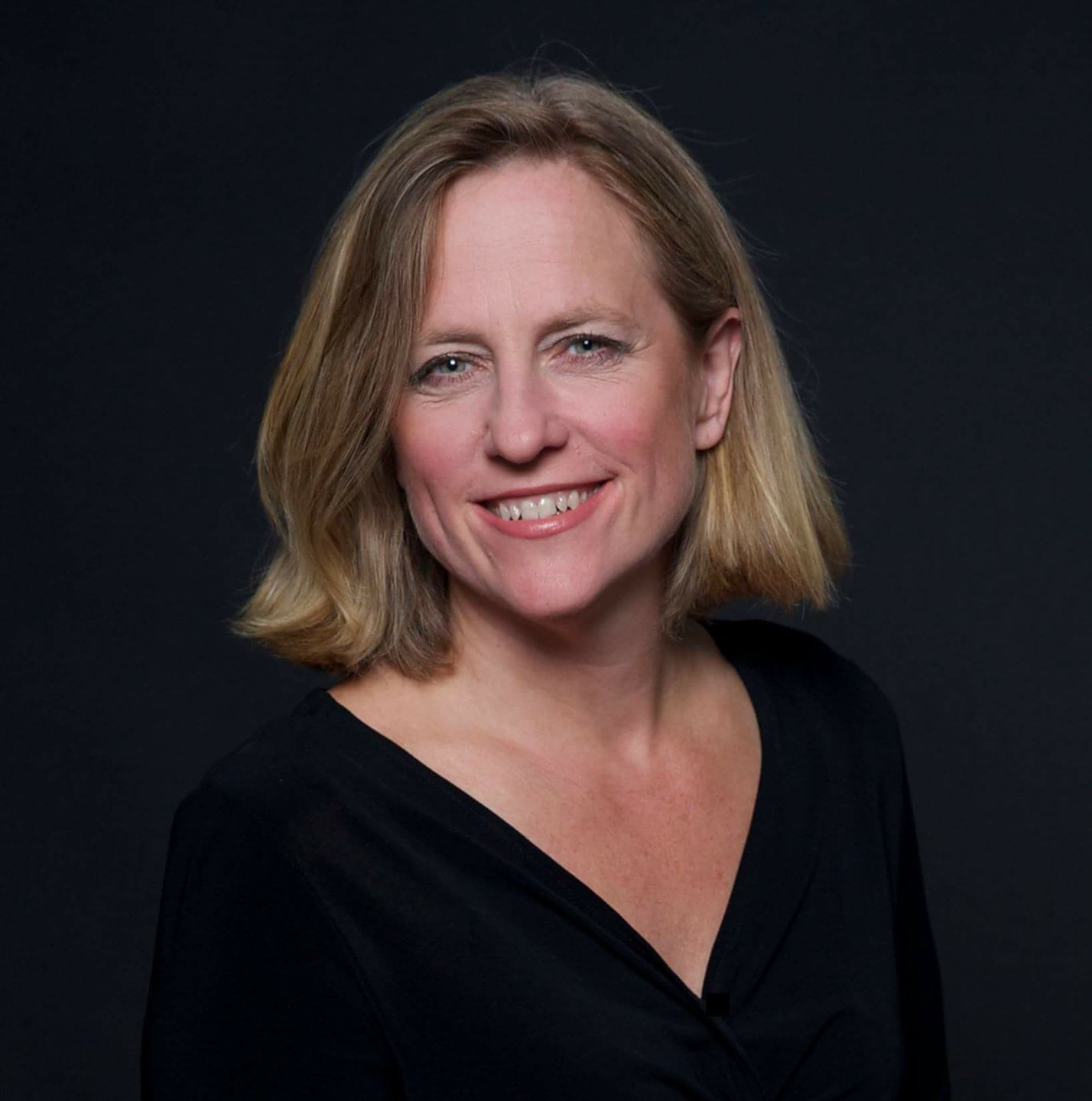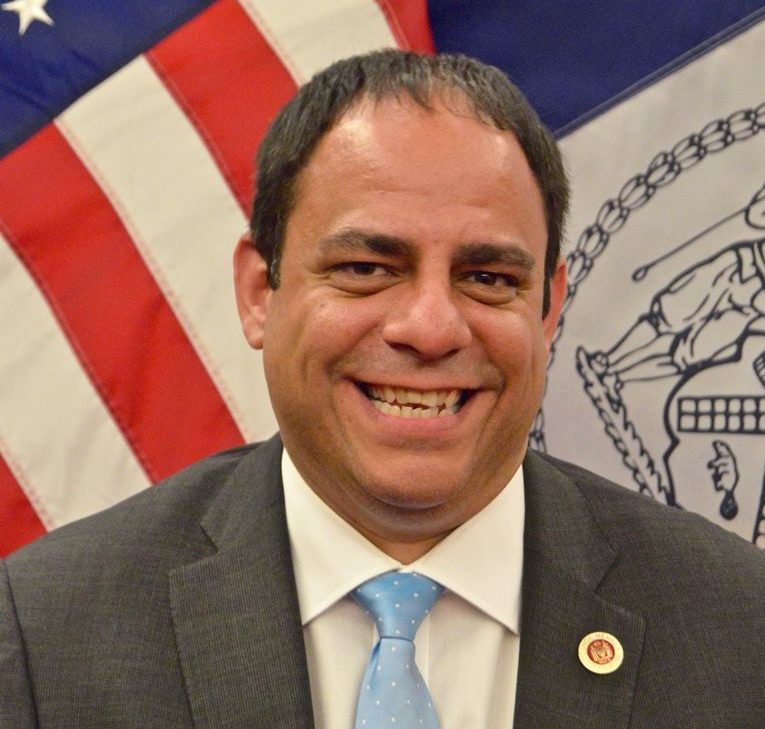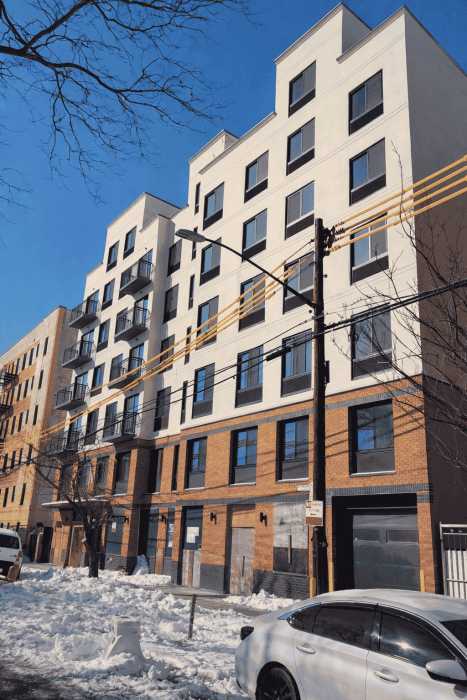Meng Applauds De Blasio Decision To Drop SHSAT Plan

U.S. Rep. Grace Meng (D-Bayside, Flushing, Forest Hills, Fresh Meadows, Glendale, Kew Gardens, Maspeth, Middle Village, Rego Park) yesterday commended Mayor Bill de Blasio for dropping his plan to get rid of the Specialized High School Admission Test (SHSAT) for entrance into the city’s elite academic public high schools.
De Blasio told a group of ethnic and community reporters at a City Hall roundtable yesterday that he’s open to keeping the admissions tests, departing from his previous position that the exams must be eliminated to diversify the student bodies.
“We’re going to start over and listen to everyone and listen or something that will give us progress. The one thing I can’t live with is the status quo,” he told reporters.
Meng said the mayor’s efforts to address diversity at New York City’s specialized high schools were flawed from the beginning, and she was pleased he has now recognized that his plan was not an effective solution.
“As an elected official who is also a graduate of a New York City specialized high school (Stuyvesant High School), I was extremely disappointed by the sweeping changes the mayor proposed – in particular the elimination of the SHSAT – and the divisive comments made by the chancellor,” said Meng.
“We all agree that diversity needs to improve at our specialized high schools. The status quo is unacceptable. But it is also unacceptable to not include all communities in the discussion. Going forward, the mayor MUST make the process more open and inclusive, and ensure that all stakeholders – including Asian American leaders – have a seat at the table when it comes to considering any reforms at the city’s specialized high schools. Pitting communities against each other over this issue cannot be allowed to occur again.
“All voices must be heard and I stand ready to work with the mayor, chancellor and all relevant stakeholders to ensure that all our students have the tools they need to succeed,” Meng added.
Vallone Floats Bill To Monitor Mayor’s Jobs Plan

City Council Members Paul A. Vallone (D-Alley Pond Park, Bay Terrace, Bayside, College Point, Douglaston, East Elmhurst, Flushing, Fresh Meadows, Little Neck, Whitestone) and Ritchie Torres (D-Bronx) yesterday introduced legislation that would require the NYC Economic Development Corporation (EDC) to deliver an annual report on the progress of attaining the job creation goals set forth in the Mayor’s New York Works initiative.
The report would be delivered to the City Council and published on the New York Works website every year until 2027.
In 2017, Mayor Bill de Blasio announced the New York Works jobs plan, which set out to create 100,000 “good-paying jobs” over the course of 10 years. However, a March 18 joint committee hearing of the Committees on Economic Development and Oversight and Investigation revealed a need for additional data on the progress of the jobs plan and who has obtained employment under the program, spurring committee chairs Vallone and Torres to introduce today’s reporting bill.
The report would deliver specific data about job creation progress and information about employed individuals under the program disaggregated by education level, race and ethnicity, gender, and whether the individuals are residents of New York City. Data would also be broken down by salary, borough, company, and the number of jobs per contract if the company is contracted by the city.
“While the New York Works jobs plan presents an ambitious workforce development plan for our city, projections and estimates do not provide tangible evidence that these efforts are actually materializing into real jobs for our New Yorkers,” said Vallone, Chair of the Committee on Economic Development. “Transparent reporting at a granular level would help develop a clear jobs plan that defines how the city is going to build on the great work that EDC has been doing for years while ensuring that New Yorkers of every background are being connected to truly good-paying jobs.”
Katz Co-Sponsors Free Opioid Overdose Response Training

Queens Borough President Melinda Katz today is joining with NYC Health + Hospitals and the New York City Department of Health and Mental Hygiene (DOHMH) in sponsoring an event to train members of the public on how they can save the lives of people suffering from opioid overdoses.
Attendees will learn how to recognize an overdose and how to properly and safely administer naloxone medication to reverse it.
Naloxone (also known by the brand name Narcan®) is a medication that can be used on an emergency basis by non-medical professionals to treat opioid overdoses to prevent fatalities. Naloxone is administered by nasal spray and has saved the lives of many who have overdosed on opioids such as heroin, prescription pain killers and fentanyl.
This free, two-hour training session will include a presentation from NYC Health + Hospitals/Elmhurst about the nationwide opioid epidemic and its impact in Queens. It will be followed by a DOHMH-facilitated training on how to administer naloxone nasal spray. Free kits containing naloxone nasal spray will be distributed at the end of the training to individuals age 12 and older.
The session is slated for 10 a.m. – 12 noon, today, Sept. 26 in the auditorium (Room A1-22) of NYC Health + Hospitals/Elmhurst, 79-01 Broadway in Elmhurst. Attendees are asked to RSVP by emailing kaidogls@nychhc.org or by calling 718-334-3844.
Constantinides Floats Bill To Increase Overnight Truck Deliveries

City Council Member Costa Constantinides (D-Woodside, East Elmhurst, and Jackson Heights) yesterday saw the city council pass his legislation to make New York’s air cleaner by promoting overnight deliveries and renewable energy storage at City buildings, wherever possible.
Constantinides, the Council’s Environmental Protection Committee chair, also introduced a bill requiring the City of New York budget its carbon emissions every year. Doing so would streamline the Big Apple’s historic commitment to reduce its greenhouse gas emissions 80% from their 2005 levels by 2050.
“The destructive rollbacks by the federal entity formerly known as the Environmental Protection Agency have put the onus on big cities such as New York to implement meaningful clean air policies,” said Constantinides. “We, as a City government, must lead by example here. The bills we passed today, in recognition of Climate Week, pave the way to a brighter by requiring overnight deliveries to City buildings wherever possible, as well as making it easier to store renewable energy. We have also introduced a bill that would budget emissions from each agency, making sure we hit the aggressive reduction targets we’ve set for ourselves.”
The Council today voted to enact the following bills:
- Intro. 49-A: New York City must, by April 2021, determine what City buildings can house batteries large enough to store renewable energy and install them in every structure where it’s feasible. This will help power the City’s real estate portfolio with clean energy, helping to meet their 40% carbon emissions reduction mandate by 2025 under the Climate Mobilization Act.
- Intro. 426-A: The City must also see where it’s feasible to install solar thermal technology on any of its buildings by April 2021, and do so wherever it’s deemed possible. While most solar infrastructure provides electricity, this technology harvests solar energy to power heaters and hot water pumps, which in turn could reduce the Big Apple’s reliance on fossil fuels.
- Intro. 1140-A: New York City must also conduct a comprehensive assessment of which of its properties may receive off-hour or “overnight” deliveries. The bill first focuses on Lower Manhattan, home to a high concentration of City owned and operated buildings, followed by south of 60th Street. The City must also see where it’s feasible to do overnight deliveries in two dense neighborhoods in Queens and Brooklyn where there are a high number of municipal buildings. By taking this approach, New York would take a significant chunk of delivery trucks off the street during busy daytime hours, in an effort to combat unprecedented traffic and the pollution it creates.









